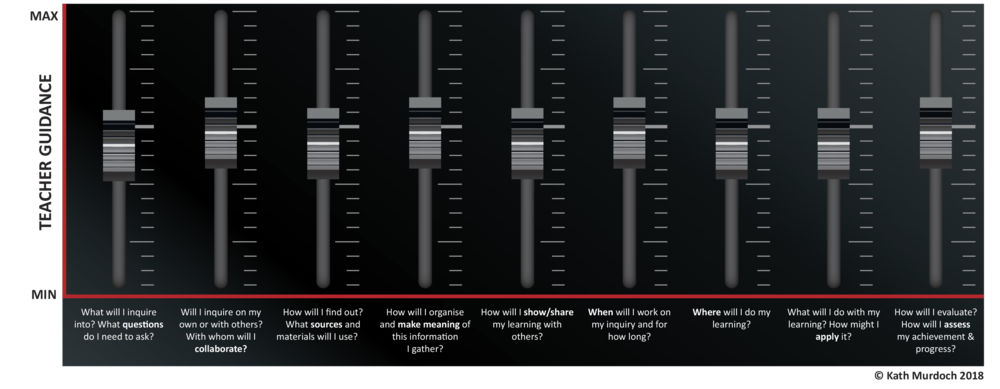Kath Murdoch reflects on some of the discoveries from the forced move online/offsite. Some of her wonderings included:
- What would happen if we offered learners the opportunity to create their timetables?
- Can we team up to allow children to engage in independent inquiry (with one or two educators supporting them in the space) while others work with target groups across the day?
- What if we met at the end of each day for a short, focussed reflection and thought about how we might adjust plans for tomorrow?
- Can we build on our online experiences to use more ‘flipped’ models for home learning
Along with Riss Leung’s reflection, this provides a useful provocation for moving forward.
Personally speaking, it makes me wonder about some of the lengths that teachers and schools have gone to during the current pandemic and the danger of turning an exception into a habit. I agree that we need to ‘build back better‘ as Steven Kolber puts it, however we also need to identify what we take off the plate to sustain such change.
On another note, Murdoch speaks about the call to ‘go home’
I recall many years ago, listening to Allan Luke talk about how hard it can be to sustain change in schools. He described the ‘lure of home’ … the longing we have even unconsciously, to ‘go home’ to the safety and comfort of what we know. I can feel it in myself as I have ventured out into this new world of online workshops. There are days when I long for ‘home’ (which, ironically for me was NOT being at home!) and then other days when I am relishing the adventure, the discomfort and all I am learning.
This reminded me of what John Goh’s discussion of our tendency to go back to our ‘default’.
In Episode 7 of the TER Podcast on ‘Engagement’, John Goh spoke about the ‘default’ value that we all have as teachers. Formed during our training to become teachers, it lays the foundation for the way we teach. He suggested that the challenge is to make sure that we continually move away from that starting point.




